Beirut, press conference Hezbollah, 30 november 2009
Lebanon’s Hezbollah group announced a new political strategy on Monday that tones down Islamist rhetoric but maintains a tough line against Israel and the United States, which it accused of terrorism while vowing to keep its weapons.
The new manifesto drops reference to an Islamic republic in Lebanon, which has a substantial Christian population, confirming changes to Hezbollah thinking about the need to respect Lebanon’s diversity.
Hezbollah chief Sayyed Hassan Nasrallah, who read the new “political document” at a news conference, said it was time the group introduced pragmatic changes without dropping its commitment to an Islamist ideology tied to the clerical establishment in Iran.
“People evolve. The whole world changed over the past 24 years. Lebanon changed. The world order changed,” he said via a video link.
Stressing a history of struggle against Israel, the 32-page document said Hezbollah had to remain alert and wary of Israel: “Israel represents a constant threat and an impending danger to Lebanon.”
Nasrallah, reading from the document, said U.S. “arrogance” prevented Hezbollah and other Arabs and Muslims from forging a friendship with the United States, Israel’s chief ally.
“The American administration’s unlimited support to Israel … places the American administration in the position of the enemy of our nation and our peoples,” he said.
NO DISARMAMENT
Nasrallah said Hezbollah needed to keep its arms, despite opposition from Western-backed political groups in Lebanon.
“The (resistance) is a permanent national necessity that should last as long as the Israeli threat, and in the absence of a strong, stable state in Lebanon,” he said, quoting the document.
Hezbollah was formed with the backing of Iranian Revolutionary Guards during Israel’s invasion of Lebanon in 1982. It came out into the open as a mainly guerrilla group in 1985 but quickly began establishing social and medical networks among Lebanon’s impoverished Shi’ite community.
Nasrallah said a new political document for Hezbollah was needed to cope with events since the last manifesto in 1985, when Hezbollah was more of an armed resistance group fighting Israeli occupation forces.
Hezbollah members first entered parliament in 1992 and in 2005 the group it had its first government minister, completing its rehabilitation as a political party.
Attacks by Hezbollah, which is backed by Iran and Syria, were instrumental in Israel’s decision to withdraw from south Lebanon in 2000 after a 22-year occupation.
Hezbollah, listed as a terrorist group by the United States, also fought a war with Israel in 2006 that cost Lebanon a heavy civilian toll but its guerrilla force was not defeated on the ground.
The manifesto pledges that the group would strengthen itself despite a 2006 U.N. resolution than bans arms in south Lebanon.
Israel says Syria and Iran are arming Hezbollah against international law. The manifesto confirms the need to maintain close ties with the two countries.
Nasrallah said Hezbollah has become a global model of how to fight occupation.
“Our problem with them (the Israelis) is not that they are Jews, but that they are occupiers who are raping our land and holy places,” Nasrallah said.
Apart from the political document, Hezbollah reappointed Nasrallah as secretary-general and elected six ministers to its Shura council, including Mohammad Raad, who leads to Loyalty to Resistance parliamentary bloc.
—
Mazzeltov,
Crethi Plethi



 RSS
RSS

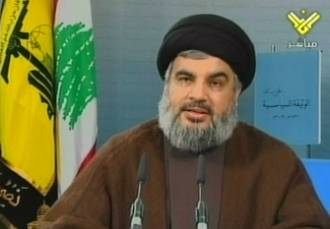
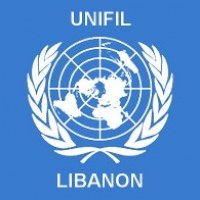
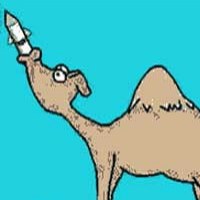

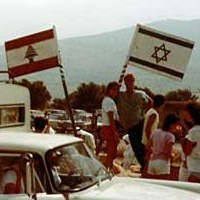
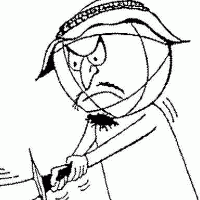




Latest Comments
Hello Mike, Thank you for your positive feedback to the article. I felt there wasn’t too much critical analysis of ...
Thanks for this considered and well constructed article. A follow up article on the manner in which the editorial contro...
THE CLUELESSNESS OF CLAIMING THAT OBAMA'S MIDDLE EAST POLICIES WERE A FAILURE CANNOT BE FURTHER FROM THE TRUTH, WHAT THE...
As long as Obama is the president of the usa do not trust the us government......
Thank you for an good read....